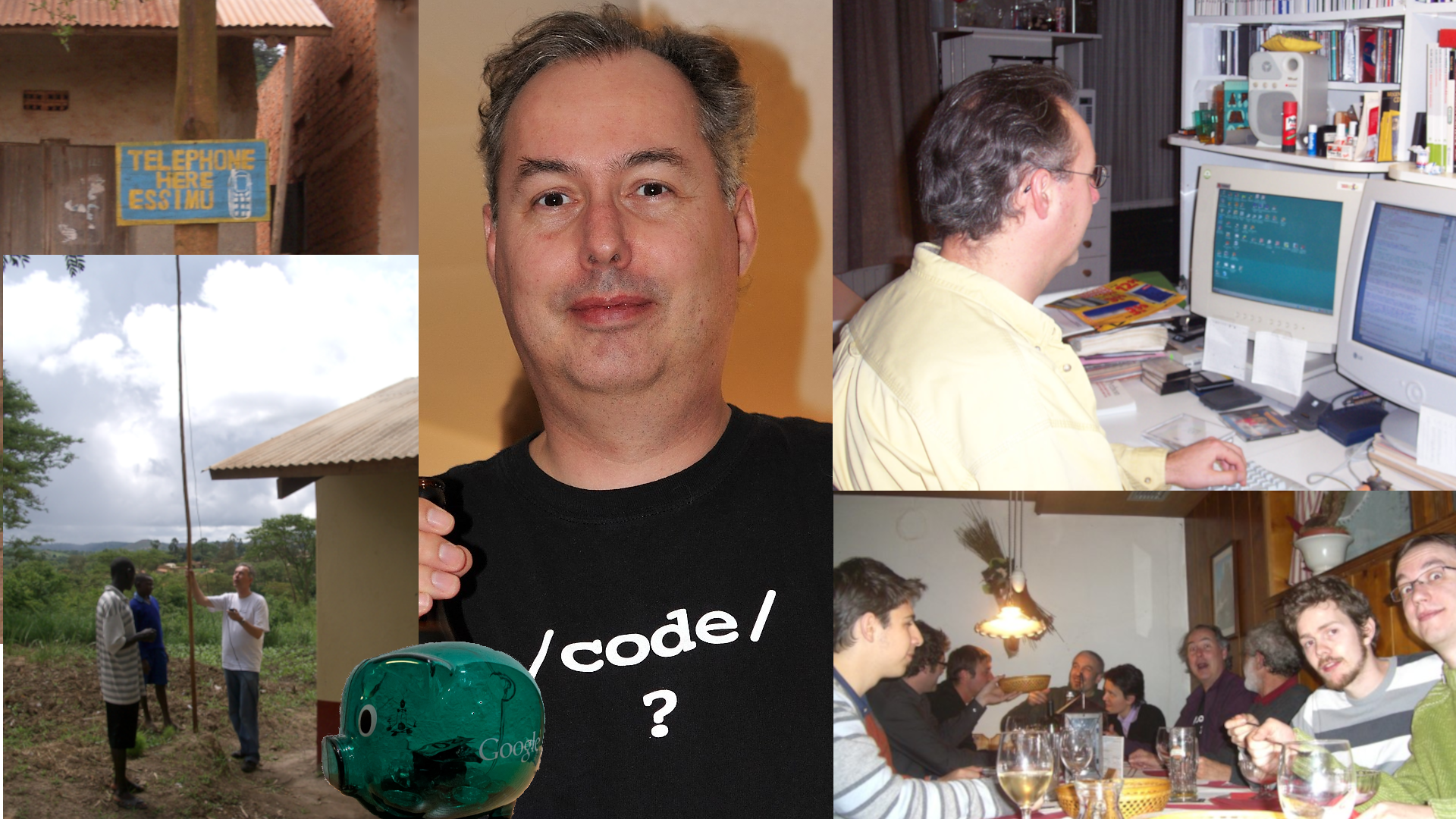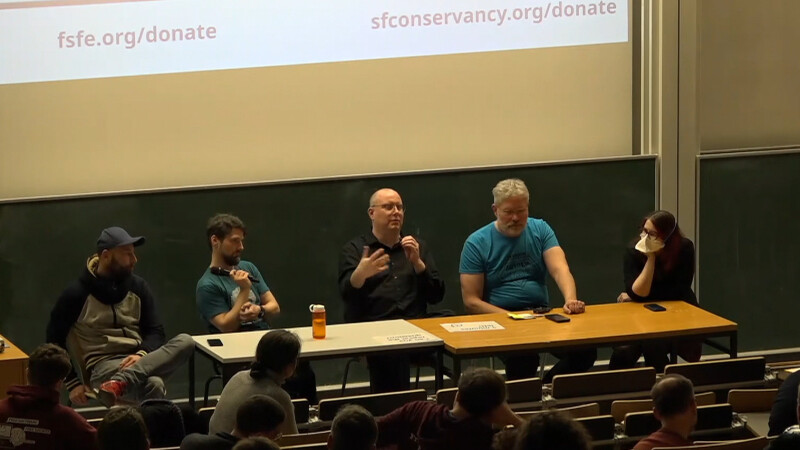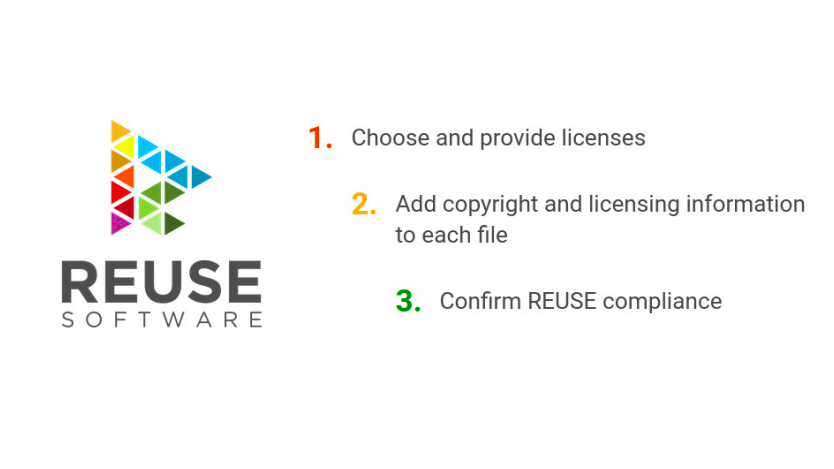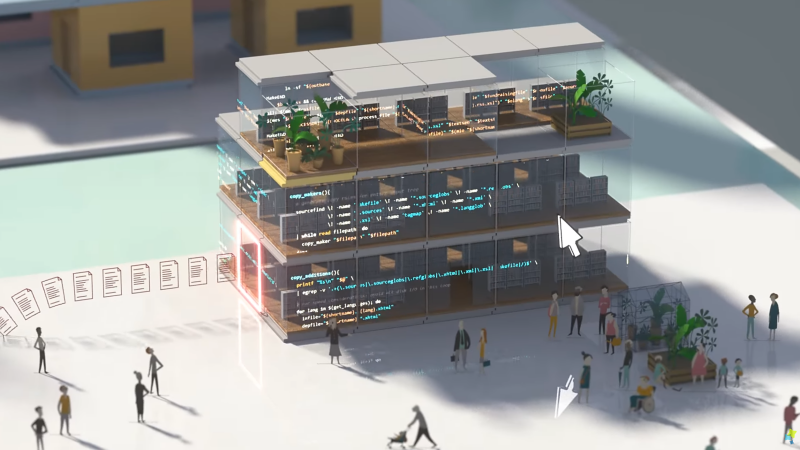Vim developer Bram Moolenaar posthumously receives the European SFS Award
The Free Software Foundation Europe (FSFE) and Linux User Group
Bolzano-Bozen (LUGBZ) posthumously honored Bram Moolenaar, creator of
the widely used Vim text editor, with the European SFS Award at SFSCON
2024. This award celebrates Moolenaar’s invaluable contributions to the
Free Software community.

Pictures of Bram Moolenaar: working on Vim, at SFSCON 2009, a
phone and an antenna he helped to set up in Uganda, and the piggy
bank he had at his work space to ask for donations. You can find
the pictures
here.
“This year’s European SFS Award goes to Bram Moolenaar whose mantra was
‘Detect inefficiencies, find a quicker way, make it a habit’, someone
for whom efficiency of computers users was crucial. His work transformed
how many interact with computers, maximizing programmers productivity by
minimizing unnecessary keystrokes. His tool has become invaluable for
Free Software contributors, developers, and creators.” said Matthias
Kirschner, president of the FSFE as he presented the 2024 European SFS
Award during SFSCON 24.
Bram Moolenaar is best known for developing VIM, a powerful, screen-based text
editor. Released in 1991, Vim was originally a port of the Stevie editor
for Amiga and has since become an indispensable tool for developers
worldwide, available across multiple platforms. Vim remains one of the
most popular and versatile development environments, supporting
countless programmers and fostering a dedicated user community.
Moolenaar released Vim as “charityware,” encouraging users to support
children in the south of Uganda through charitable
donations.
“Educating others to empower them was also important for Bram outside of
the technology field”, explained Raphael Barbieri, a member of LUGBZ,
during the ceremony. “He helped children in Uganda, many of whom had
lost their parents to HIV, gain access to education at the Kibaale
Community Centre. He founded an NGO to collection donations for this
work, even on his work desk there was a piggy bank so that visitors can
easily donate.”
Beyond Vim, Moolenaar was a prolific contributor to the Free Software
movement, having worked on numerous technical projects, created a
programming language, and developed a tool to streamline software
installation and management. He also held official roles within software
organisations, amplifying his impact on the Free Software landscape.
This award commemorates Moolenaar’s unwavering dedication to help others
to better understand computers and software. It gave him great pleasure
to participate in conferences, explain the Free Software culture at his
work place, and help others to develop and use his software. He wanted
others to also experience this joy. "If you are happy, I am happy!" was
one of his sayings. Moolenaar passed away on 3 August, 2023, due to a
rapidly deteriorating illness. His legacy in the developer community and
in social work is expected to continue.
In a message from Moolenaar's family, they expressed their pride and
gratitude: "We are very proud that Bram received this award. As a
dedicated supporter of Free Software, we believe he would have been
honored to accept it. We thank the Free Software Foundation Europe and
LUGBZ for recognizing Bram's lifelong work and encourage anyone wishing
to honor him to support children in Uganda through ICCF Holland."
Message from Christian Brabandt ,VIM maintainer, recognizing the European SFS Award.
The European SFS Award
The SFS Award was first presented in 2004 to Hugo Leiter at the SFSCON
South Tyrol Free Software Conference in recognition of his work
implementing LibreOffice across all municipalities in South Tyrol. In
2023, the award expanded to a European level, with the Free Software
Foundation Europe (FSFE) partnering with LUGBZ, the award’s initiator,
to honor those who have made exceptional contributions to the promotion
and dissemination of Free Software across Europe.
The European SFS Award celebrates developers whose work has
significantly advanced the accessibility and impact of Free Software in
Europe. In 2023, the award was presented to Frank Karlitschek, founder
of Nextcloud, for his contributions to Free Software.
2024 Laudatio
Matthias: It is an honor to present the European SFS
Award 2024. The FSFE and LUGBZ worked together again this year to find a
winner from all nominations. This year’s European SFS Award goes to
someone whose work transformed how many interact with computers,
creating a tool for Free Software contributors, developers, and
creators. A tool that new users might be a little afraid of because it
can be tricky to exit.
Raphael: (Yes, you may know the software we’re talking
about.) A piece of code that makes every keystroke feel like a power
move, where “Esc” is the most important key on your keyboard. Since its
launch in 1991, this software has spread across more than 15 operating
systems and is installed on millions of computers around the world.
Matthias: For our winner, efficiency of computer users
was crucial. His mantra was: “Detect inefficiencies, find a quicker way,
make it a habit!” and he helped many people to how to actually
accomplish this. He went on to help those he met on mailing lists, at
conferences like SFSCON in 2009, or at his workplace. He even talked to
public administrations, so they actually use and thereby benefit from
Free Software. He wanted to ensure that all software which is procured
by public administrations is published under a Free Software license for
the good of society.
Raphael: Educating others to empower them was also
important for him outside of the technology field. He helped children in
Uganda -- who often lost their parents due to HIV -- to get education at
the Kibaale Community Centre. He enabled school education for many of
them so they can take care about themselves and their families in the
long run. He founded an NGO to collection donations for this work, even
on his work desk there was a piggy bank so that visitors can easily
donate.
Matthias: There was a huge online rivalry between the
users of his software and those on the other side: those who used
another "operating system" and who called his software the "editor of
the beast". This rivalry became an enduring part of hacker culture and
the Free Software community. A huge fan of Monty Pythons, this year's
winner did not shy away from engaging in such banter.
Raphael: His dedication was enormous. His family will
not forget the moments, in which he disappeared on Christmas day,
because he "needed to fix some bugs". It gave him great pleasure to
develop and use his software, and he wanted to help others to also
experience this joy. "If you are happy, I am happy!" was one of his
sayings. He took every opportunity to work on his projects, even while
in the hospital.
Matthias:With his death on 3 August 2023 the Free
Software community lost a person who enabled thousands of people to
contribute efficiently to software freedom. We regret that he was not
able to live longer with his beloved turtles, finishing his plans for a
vacuum robot that could clean stairways, fixing bugs, implementing new
features for the users of his software, and being here with us.
Raphael: For his remarkable contributions to software
freedom the European SFS Award 2024 goes posthumously to Bram Moolenaar,
the creator of Vi IMproved -- or VIM.
Matthias: So, please join us in a big round of applause for Bram Moolenaar.
Support FSFE


 Each file needs just two tags, one for copyright and one for licensing.
Each file needs just two tags, one for copyright and one for licensing.

 Pictures of Bram Moolenaar: working on Vim, at SFSCON 2009, a
phone and an antenna he helped to set up in Uganda, and the piggy
bank he had at his work space to ask for donations. You can find
the pictures
Pictures of Bram Moolenaar: working on Vim, at SFSCON 2009, a
phone and an antenna he helped to set up in Uganda, and the piggy
bank he had at his work space to ask for donations. You can find
the pictures